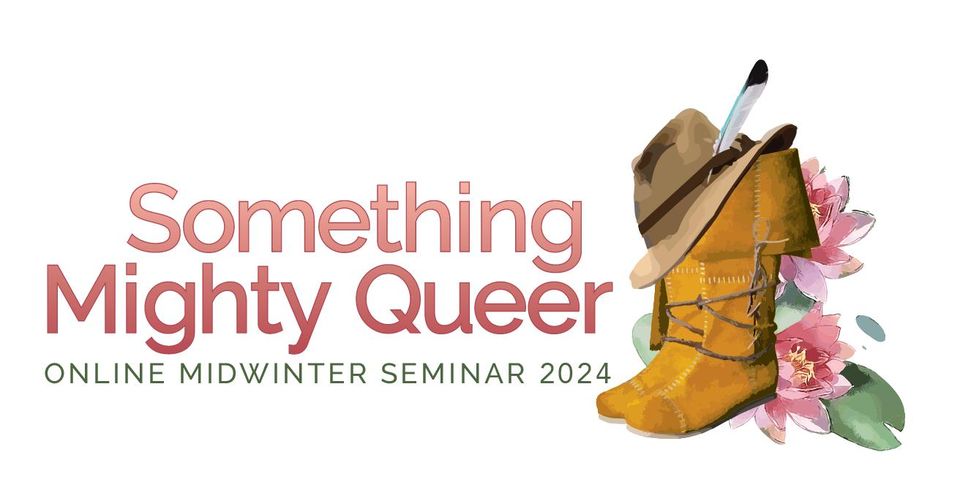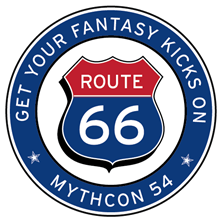Loading...
Event Website
https://www.mythsoc.org/oms/oms-2024.htm
Start Date
2-18-2024 5:30 PM
End Date
2-18-2024 6:20 PM
Description
How are we related? Queer(ed) families—typically framed through terms such as Found Family, Chosen Family, or Family of Choice—are more often formed by agency and voluntary participation than they are by legal or genetic connections. For the purposes of this paper, kin will be defined by affect, behavior, and declaration. The three fictional texts—Are You Listening? by Tillie Walden, Life of Melody by Mari Costa, and I Keep My Exoskeletons to Myself by Marisa Crane—will serve as a basis to illustrate how kinship is defined, particularly in queer speculative narratives. Speculative fiction allows for particular metaphors of power. These metaphors often tie into agency because the kin unit is chosen even through (or perhaps especially through) hardships and tension. Ultimately, found family and queer kinship revolve around the idea of empowerment. Specifically, this is a kind of empowerment marked by agency and choice without the enforcement of domination or cruel hierarchies. Marginalized characters have the opportunity to try and regain control, to shape their own lives/paths in a world that feels like it is not made for them to survive, nonetheless thrive.
Creative Commons License

This work is licensed under a Creative Commons Attribution-NonCommercial-No Derivative Works 4.0 International License.
Included in
Children's and Young Adult Literature Commons, Comparative Literature Commons, Digital Humanities Commons, European Languages and Societies Commons, Literature in English, Anglophone outside British Isles and North America Commons, Literature in English, British Isles Commons, Literature in English, North America, Ethnic and Cultural Minority Commons, Medieval Studies Commons, Modern Languages Commons, Modern Literature Commons, Other English Language and Literature Commons
Queer Paths Toward Home: Kinship in Speculative Fiction
How are we related? Queer(ed) families—typically framed through terms such as Found Family, Chosen Family, or Family of Choice—are more often formed by agency and voluntary participation than they are by legal or genetic connections. For the purposes of this paper, kin will be defined by affect, behavior, and declaration. The three fictional texts—Are You Listening? by Tillie Walden, Life of Melody by Mari Costa, and I Keep My Exoskeletons to Myself by Marisa Crane—will serve as a basis to illustrate how kinship is defined, particularly in queer speculative narratives. Speculative fiction allows for particular metaphors of power. These metaphors often tie into agency because the kin unit is chosen even through (or perhaps especially through) hardships and tension. Ultimately, found family and queer kinship revolve around the idea of empowerment. Specifically, this is a kind of empowerment marked by agency and choice without the enforcement of domination or cruel hierarchies. Marginalized characters have the opportunity to try and regain control, to shape their own lives/paths in a world that feels like it is not made for them to survive, nonetheless thrive.


